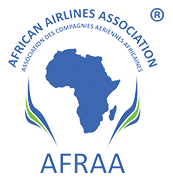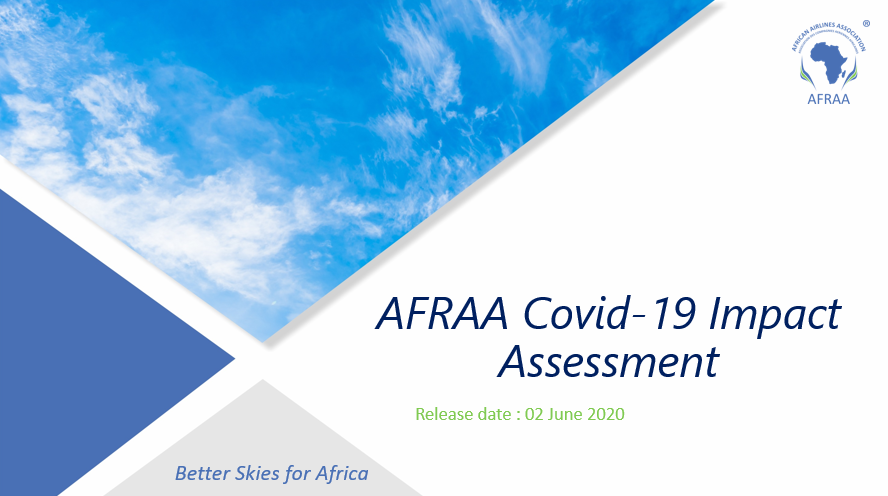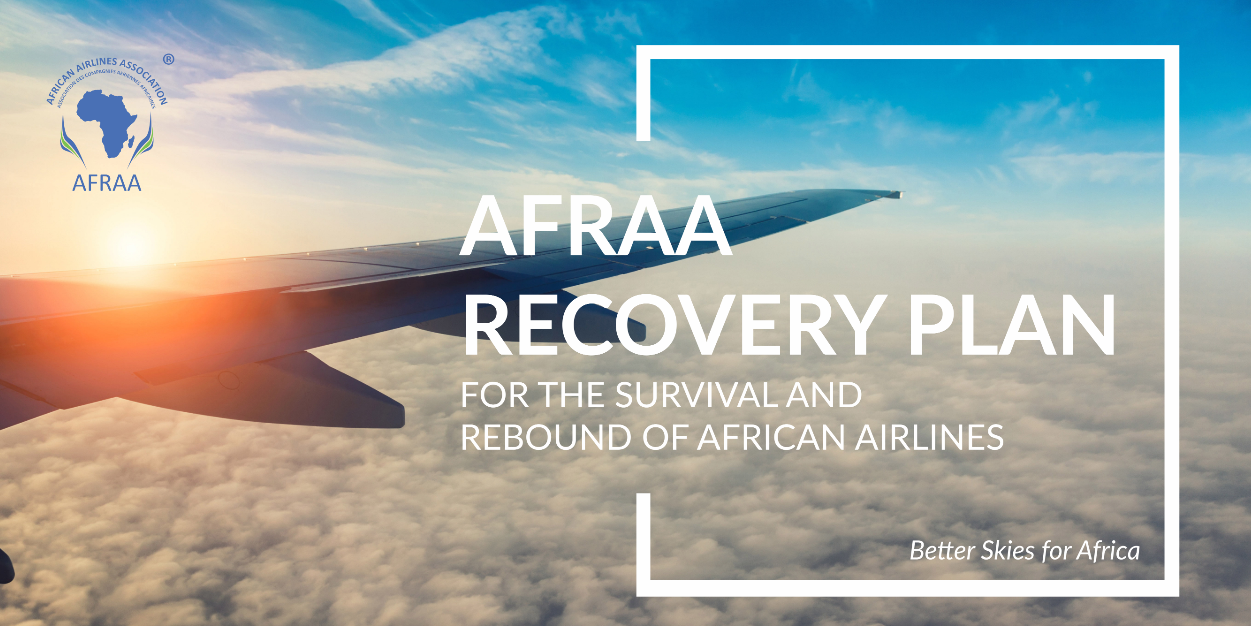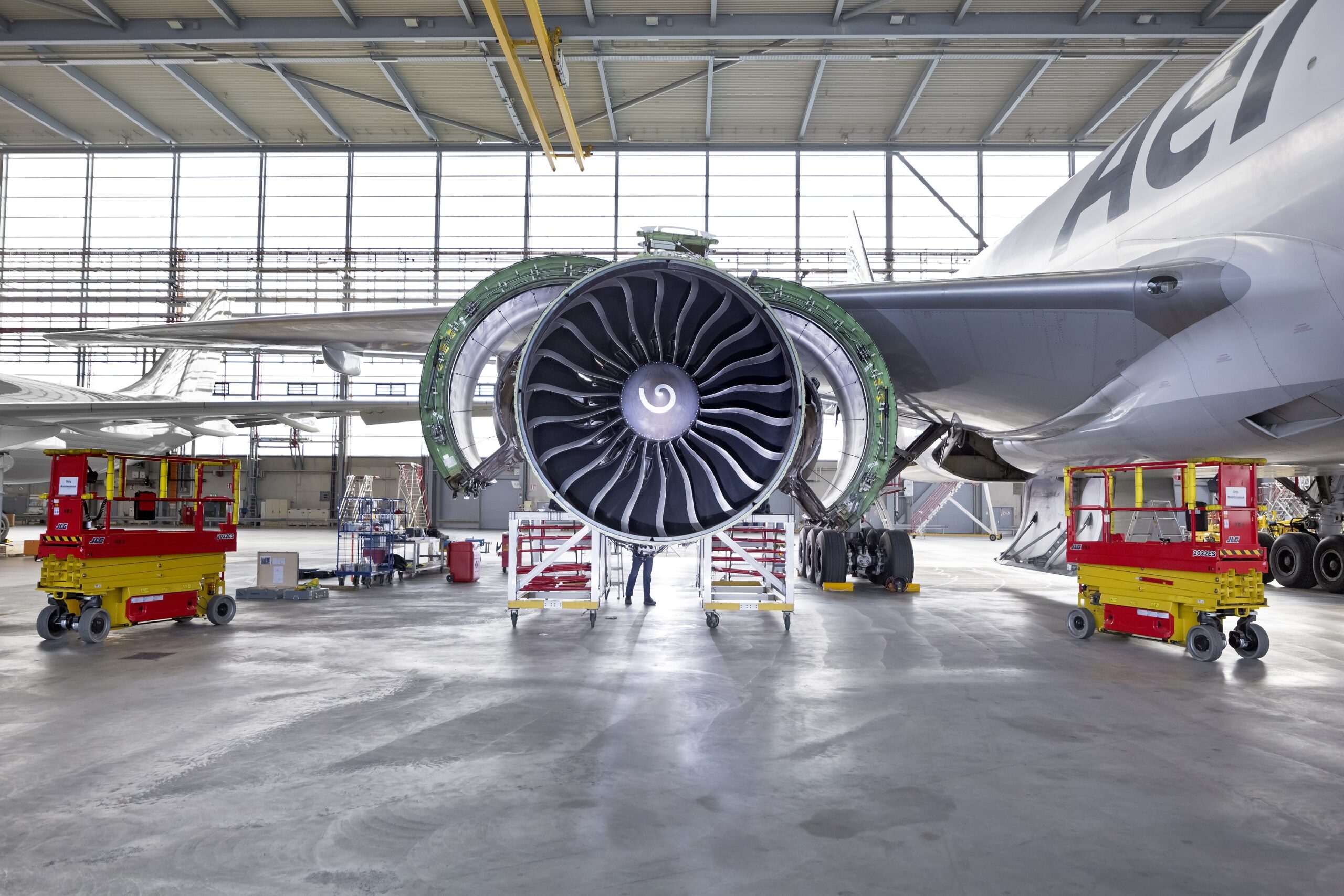Press Release: AFRAA releases COVID 19 Impact Assessment on African Airlines
Nairobi, Kenya – 02 June 2020: The African Airlines Association (AFRAA) has released a new analysis of the impact of COVID-19 on the airline industry in Africa which reveals an estimated revenue loss of USD 8.103 billion for African airlines for the year 2020. The analysis is the first in a series of studies that will be published by the Association examining the toll of the pandemic on Africa’s air transport sector.
The impact assessment analysis further shows a 90.3% year on year passenger traffic reduction for the month of May; recovery is expected to start from Q3 2020 with domestic operations, followed by regional and intercontinental flights.
On cargo operations, there is currently a shortage of cargo capacity in Africa due to needs for carriage of medical equipment and essential goods. In the wake of this lack of capacity and rising prices, AFRAA is assisting its members to adapt in a bid to keep supply chains operational.
The evolution of the number of COVID-19 cases indicates that the most impacted countries in Africa are South Africa, Egypt, Morocco, Algeria and Ghana, each with a total of more than 5,000 cases of infection. While the rate of infections in other continents is beginning to ease off, in Africa the rate of infections are still on the rise. However, the recovery rate in Africa is higher, with an average death rate of 9% compared to the global rate of 19%.
Setting ground for the survival and recovery of the air transport industry
AFRAA Secretary General, Mr. Abdérahmane Berthé stated: “The availability of liquidity is the main issue to be addressed for airlines to survive and restart their operations. Without it, airlines can simply not survive this pandemic long enough to restart their operations. AFRAA urges African governments to consider a bailout and stimulus package that compensates for the significant losses, reduces the burden of ongoing operating costs, and subsidizes the industry’s survival and recovery.”
“We also call upon international financial institutions and development partners to support Airlines with facilities that can help ensure the availability of much-needed credit and liquidity,” Mr. Berthe added.
“There is also the need to ensure passenger confidence to resume air travel. Communication with passengers on the health and safety measures in place is crucial to reassure them of a safe and sterile travel experience with appropriate measures in place,” Mr Berthé added.
AFRAA’s recovery plan and High Level Task Force for the rebound of the Airline industry
Since the onset of the crisis, AFRAA whose mission is to serve African Airlines and champion Africa’s aviation industry has taken various initiatives to ensure the sector’s resilience to the pandemic and for post recovery efforts. Key among these initiatives is the AFRAA recovery plan that defines a framework of various areas of intervention measures to be taken as part of urgent, immediate, and consistent actions for the survival and rebound of the industry.
AFRAA is also working closely with leading aviation industry organizations under the framework of the High Level Task Force that is undertaking various actions to ensure that the African civil aviation industry is well positioned on a strong trajectory for recovery during and post COVID-19.
To access the Impact Assessment, please click here: http://afraa.org/wp-content/uploads/2020/06/CoVID-19-Impact-assessment.pdf
To access the Press Release, please click here: http://afraa.org/wp-content/uploads/2020/06/AFRAA-releases-COVID-19-impact-assessment-on-Africa.pdf




